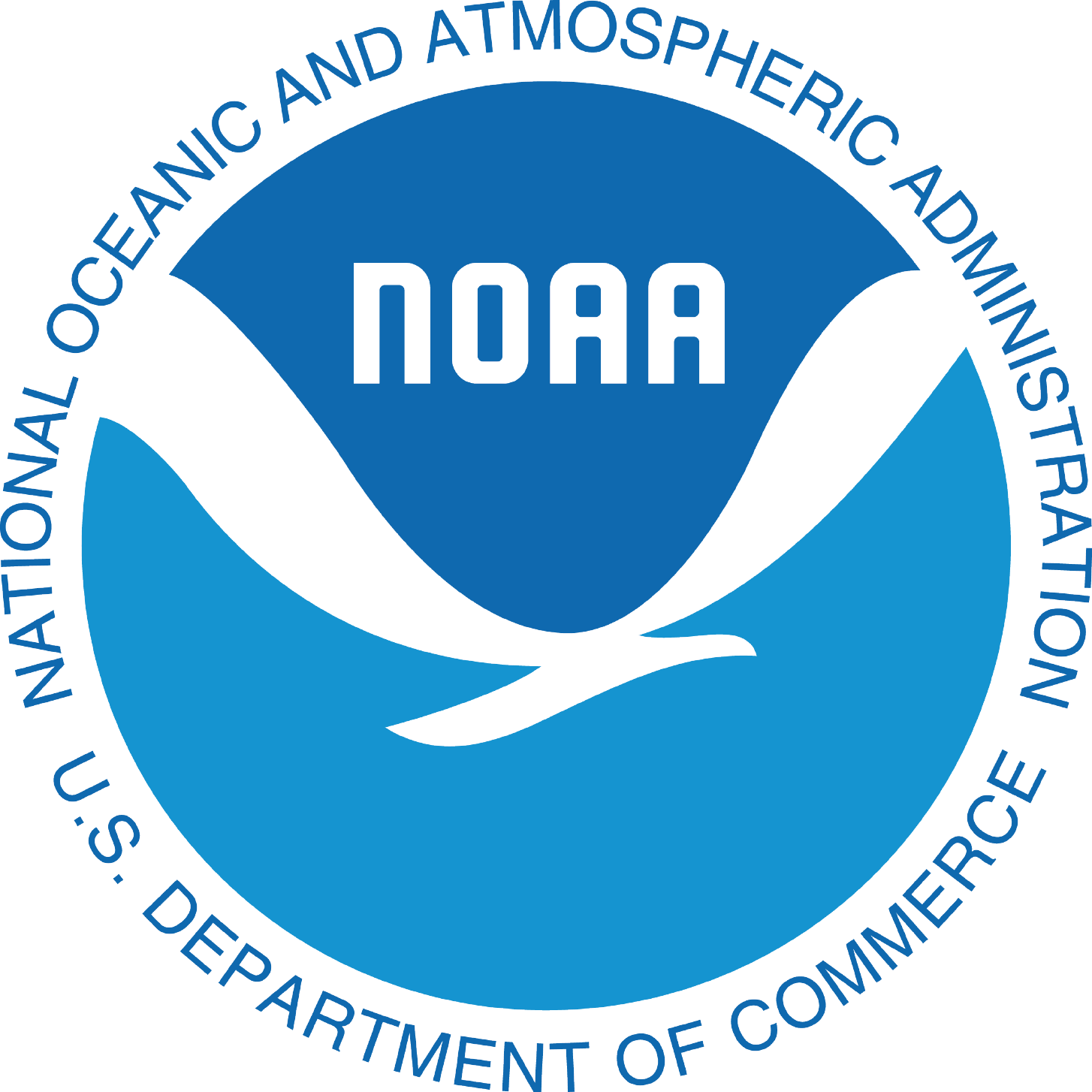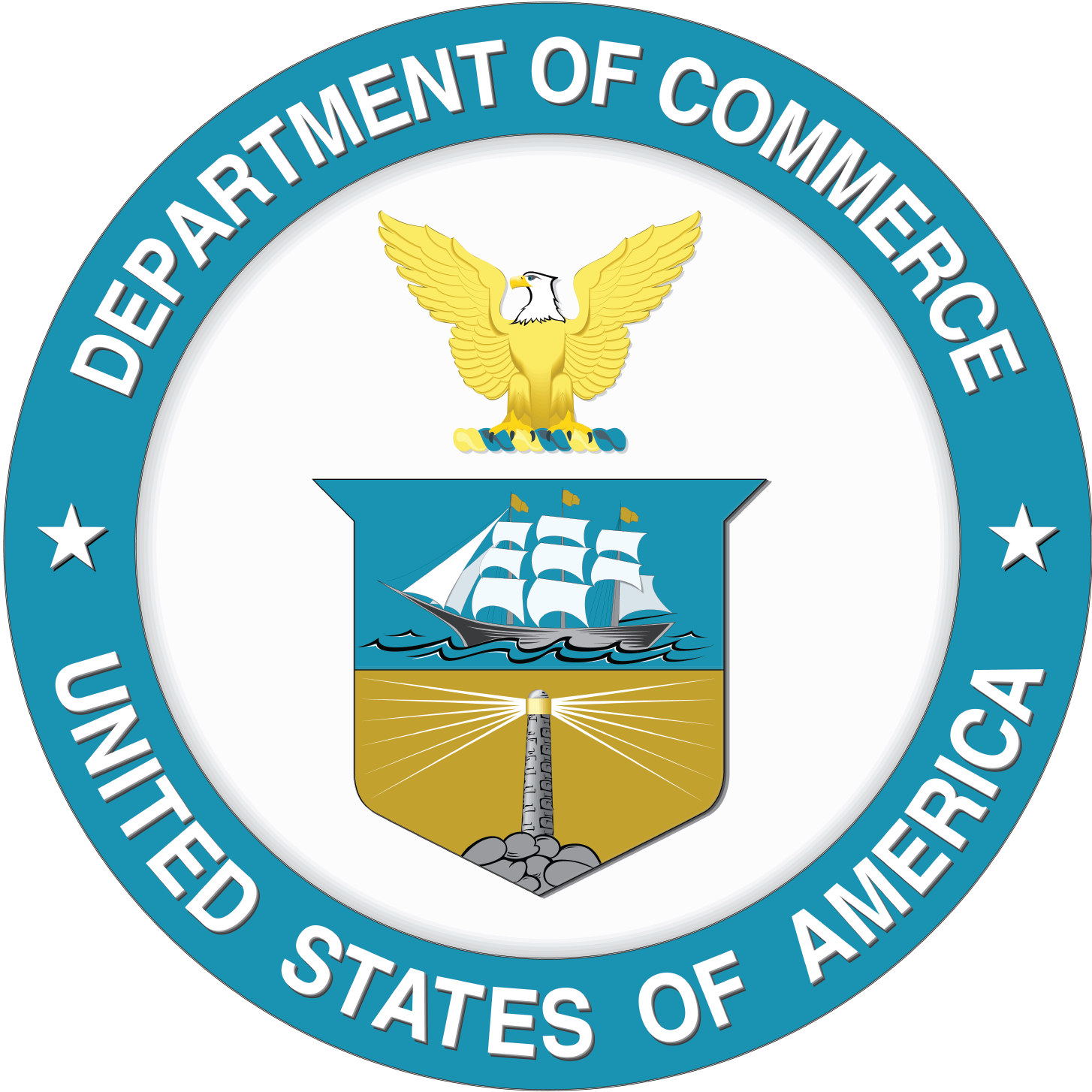What is the NOAA Fisheries National Cooperative Research Program?
Cooperative research provides a means for commercial and recreational fishermen to become involved in the collection of fundamental fisheries information to support the development and evaluation of management options. In cooperative research, industry and other stakeholders can partner with NOAA Fisheries and university scientists, in all phases of the research program, including survey/statistical design, conducting of research, analysis of results, and communication of results. In FY2001, Congressional funding was provided to NOAA Fisheries to develop a national cooperative research program. These funds are administered by NOAA Fisheries Headquarters and are distributed to NOAA Fisheries regional cooperative research programs to assist in implementation of cooperative research projects.
What is Cooperative Research?
Cooperative research is the partnering of the fishing industry, fishermen and other stakeholders with federal and university scientists to collect fundamental fisheries information. The collection of information on fisheries resources through cooperative research programs assists scientists and managers by providing information to supplement the data currently collected through existing federal research programs. The information collected through well-designed and scientifically valid cooperative research programs is useful in improving the information base for single species, as well as multi species and ecosystem assessment models. Ultimately, this additional information will improve the evaluation of stock status and the management of fishery resources. The information provided can cover a wide range of research areas, including, but not limited to, fishery dependent data, life history studies, conservation engineering, species abundance and distribution, habitat studies, and socio-economic studies.
What are the Benefits?
Cooperative research programs have many benefits to the fishing industry, individual fishermen, fisheries scientists, and managers, including:- Improving fishermen’s understanding of fisheries information.
- Improving the credibility of fisheries information for use in fisheries management.
- Increasing the precision and expanding the scope of fisheries resource surveys.
- Providing supplemental information about fishing operations.
- Direct use of the knowledge gained from fishermen to help design and implement research.
- Building mutual understanding and respect among participants.
- Collection of more and better data at lower cost.
- Improved access to vessels and time at sea.
- Development of effective partnerships between cooperative research participants.

Quick Links
Northeast Cooperative Research Program
Southeast Cooperative Research Program Northeast Consortium ![]()
FishResearch ![]()
Groundfish Forum ![]()
Gulf of Maine Research Institute![]()
Programs that support Cooperative Research activities
NOAA Fisheries Bycatch Reduction Program
Saltonstall-Kennedy Grant Program
Sea Grant Extension Program





